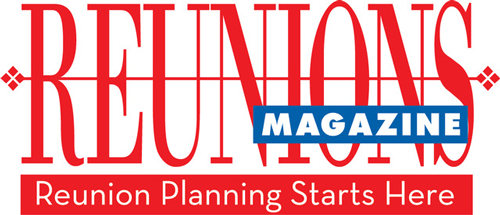by Adam Rose
If you’re working on a family tree or even if you’re not, consider taking advantage of the family being together at your next reunion and ask some important health and medical questions. A family health tree informs you of conditions your ancestors suffered from and alerts future generations to conditions they should watch for. There are a few things you should do when compiling this tree. Include at least three generations; yours, siblings and cousins; your parents, aunts and uncles and your grandparents and their siblings. Next, list diseases, age at diagnosis, treatment and where they were treated. Don’t forget to record depression, alcoholism, addictions, eating disorders or any other problems encountered. Lifestyle factors should be included because obesity, smoking, exercise and other habits may explain health complications that occurred and can have an impact on future generations. Record the cause, date of death and age of deceased family members. This may sound like a daunting task, but there are ways to make it easy and fun. Interview relatives at family gatherings. Reunions are the perfect place to talk to many relatives. Older relatives can be especially helpful because they may remember details other family members were too young to notice. Family doctors may be helpful – they usually have records of family ailments and lifestyle changes.
If you’re looking for outside help, there are a few web sites to try. For research advice go to www.mayohealth.org and type in “family medical history” in the search field to access articles from Mayo Clinic experts.
www.byub.org/ancestors/records/vital/extra3.html lists materials and services to aid your search and instructions about medical genealogy. How Healthy is Your Family by Carol Krause and The Practical Guide to the Genetic Family History by Robin Bennett are books about medical genealogy.
With help from articles in Milwaukee Journal Sentinel and Everton’s Genealogical Helper.




